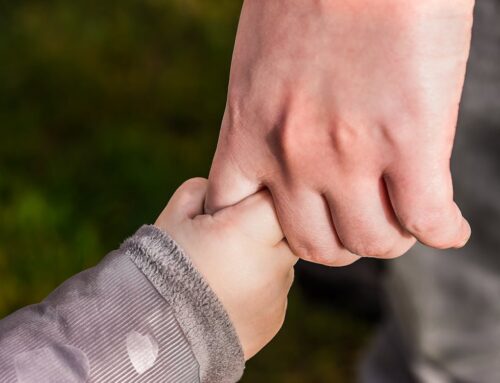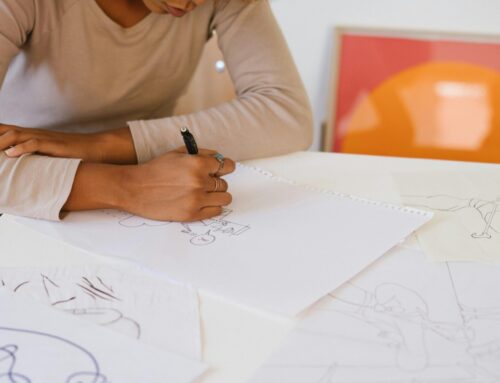 No matter if you had a good upbringing or not, many people prefer to keep their past in their rearview mirror. For some, it isn’t always that easy.
No matter if you had a good upbringing or not, many people prefer to keep their past in their rearview mirror. For some, it isn’t always that easy.
No matter how painful the memories are or how hard they try to forget about them and move on, it’s part of them. Those good and bad experiences are what shape everyone into the people they are today.
Individuals who experience a negative upbringing like a childhood trauma don’t always have the luxury of leaving it behind them. Most of the time, other signs, symptoms, and disorders may form.
Let’s learn more about the connection between childhood trauma and anxiety.
What Is Childhood Trauma?
There isn’t one specific cause of childhood trauma. There can be many different types of traumatic experiences or events that take place during childhood that can result in long-lasting mental and physical health issues.
Childhood trauma can occur when a child feels that they’re in danger, but it can also happen when they feel isolated, overwhelmed, or unsafe.
 These are some of the most common causes of childhood trauma:
These are some of the most common causes of childhood trauma:
- Bullying
- Car accident
- Death of a loved one
- Domestic violence
- Emotional abuse
- Natural disaster
- Neglect
- Physical abuse
- Sexual abuse
- Primary caregiver substance use and abuse
How Anxiety Comes Into Play
The effects of childhood trauma don’t just go away on their own. Most of the time, a child may be affected by different mental health conditions as a result of the trauma that they endured. Borderline personality disorder (BPD), depression, diabetes, or post-traumatic stress disorder (PTSD) are just a few of the different mental and physical conditions that can form as a result of childhood trauma. Another subset of conditions that can develop are anxiety disorders, including.
- Agoraphobia: An intense fear of situations or places where escape seems difficult or where there will be no help in the event of a panic attack
- Generalized Anxiety Disorder: Persistent worry about various aspects of life, even if there is little or no apparent cause for concern.
- Panic Disorder: Recurrent and unexpected panic attacks. These attacks are sudden, intense episodes of overwhelming fear and discomfort that reach a peak within minutes.
- Social Anxiety Disorder: An intense and persistent fear of social situations or performance situations where individuals fear being scrutinized, judged, or embarrassed by others.
Since childhood trauma often makes children feel like their lives are unstable and unpredictable, anxiety can start to creep in. Childhood trauma can cause children who were raised in these uncontrollable environments to feel like they need to be on edge or constantly on guard to protect and defend themselves against any perceived threats. This can bring on a lot of extra anxiety and stress.
How to Cope
 Coping with anxiety caused by childhood trauma can be challenging, but there are strategies you can use to cope.
Coping with anxiety caused by childhood trauma can be challenging, but there are strategies you can use to cope.
Practice Self-Care
Engage in self-care activities that promote relaxation, stress reduction, and emotional well-being. This might include exercise, mindfulness meditation, deep breathing exercises, spending time in nature, journaling, or engaging in creative pursuits.
Set Boundaries
Establish and maintain healthy boundaries in your relationships and daily life. Learning to say no to activities or interactions that trigger anxiety or distress can help protect your emotional well-being and promote self-care.
Seek Professional Help
When you’re ready to put in the work, time, and energy to process these thoughts and emotions, there are many different types of treatment options available to you.
You are not defined by your childhood trauma and you’re not alone. One of the best ways to take back control of your life again is to seek additional support. Click here to learn more about anxiety therapy services. If you’re not sure where to start, I’m here to help you. Reach out today to set up a consultation.





